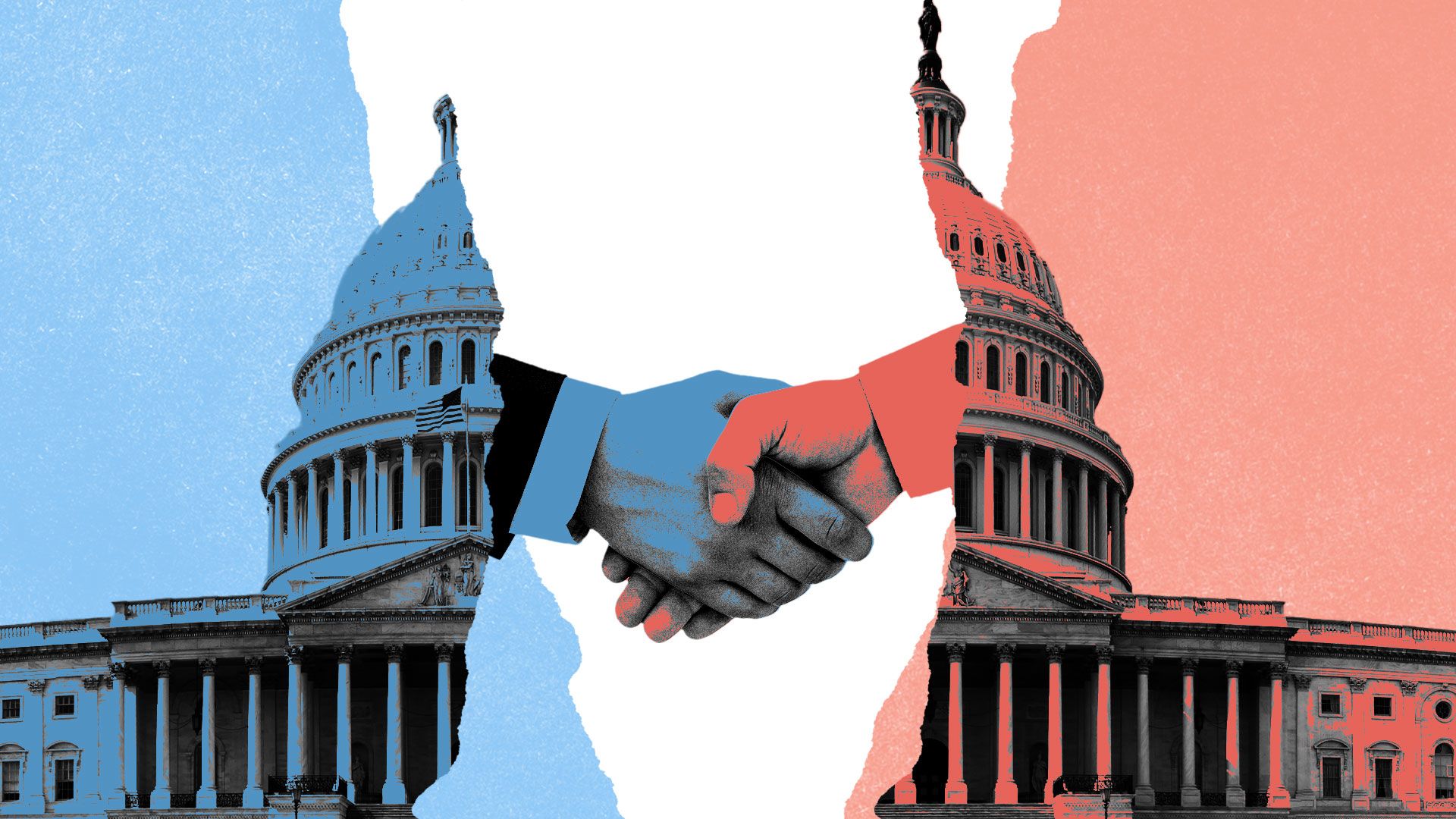by Eric Zuesse, The Duran:

This question gets to the heart of whether the Government is a democracy, or is instead a dictatorship. If the majority of people in a country say no to it, then almost by definition, that country is a dictatorship.
America and its colonies (‘allies’) argue against countries that they want to conquer, by saying that the given targeted country is a dictatorship instead of a democracy; but the only country that has been scientifically analyzed to determine whether it is a democracy has been the United States, and all of these studies have found it to be a dictatorship; so, America’s pontificating against governments it aims to “regime-change” is nothing else than aggression that is ‘justified’ by lies. Any dictatorship that tries to overthrow another country’s Government is itself the quintessential example of what it claims to detest, and so such a Government should be condemned and rejected by the entire international community, which should declare all contracts with it to be automatically null and void, and the U.N. should declare strict sanctions against such a hypocritical dictatorship.
TRUTH LIVES on at https://sgtreport.tv/
Although other countries haven’t been analyzed in such depth as to whether they are a democracy or instead a dictatorship, good polls have been done in which the polling asks the same question in a multitude of countries so that the findings in any one of the countries can be compared with the findings in a different one of those countries. The wordings of the questions in different ones of these international polls aren’t identical, but they all are versions of the question, “Does your Government represent you, or not?” It’s a question which Governments such as America’s would much prefer not to be asked, much less answered, because answering it in the American case would expose the fraudulence of the ‘democratic’ ‘justification’ for the U.S. Government’s many actions of subversions, sanctions, coups, and invasions, to “regime-change” or replace foreign Governments so as to expand America’s empire.
The present article extracts this information from two such international polls that were done by Gallup International, one in 2018, which was reported in 2019, and the other in 2020, which was reported in 2021. The relevant questions in each will be stated, and the rank-orderings will be shown here, though the polling organization avoided offending any Government and therefore buried instead of stated the rankings. I present it though they had hid it.
I also present some unrelated informations that I consider to be of interest from the poll-findings, such as the extent to which the publics within the various nations believe that by the year 2030, each of the three nations China, USA and Russia, will be a “Superpower” nation. To the extent that the public within a given nation view each of those nations as being likely to be a “Superpower” in 2030, that nation’s Government might be more inclined than otherwise to seek favorable relations with it. I am including that information here because, to my knowledge, it has never been extracted — much less highlighted — before.
In the presentation of the findings, I boldface U.S. scores because the U.S. is the only country that claims to have the right to rule over the entire world and calls itself “the one indispensable nation” (meaning that all others are “dispensable”).
——
Click to access GIA-Voice-of-the-People_2018.pdf
“42nd Annual Global End of Year Survey: 2018 Opinion Poll in 58 Countries Across the Globe” 2019 report (no polling was done in China)
“To what extent are you satisfied with the current government in your country?” Satisfied minus Dissatisfied (the country’s net score):
1 Saudi Arabia +91%
2 Ethiopia +71%
3 India +54%
4 Philippines +52%
5 Switzerland +44%
6 Kazakhstan +43%
7 Pakistan +43%
8 Armenia +39%
9 Indonesia +20%
10 Ghana +18%
11 Nigeria +18%
12 Afghanistan +12%
13 Albania +12%
14 Serbia +7%
15 Macedonia +6%
16 Turkey +3%
17 Austria 0
18 Syria -3%
19 Czechia -5%
20 Ecuador -6%
21 Italy -6%
22 Peru -9%
23 Paraguay -11%
24 Poland -11%
25 Russia -12%
26 Korea -12%
27 Colombia -15%
28 Finland -18%
29 Kosovo -18%
30 Germany -20%
31 Hungary -30%
32 Thailand -30%
33 Bulgaria -33%
34 Hong Kong -34%
35 USA -35%
36 Japan -35%
37 Ukraine -37%
38 UK -37%
39 Spain -40%
40 Argentina -41%
41 Moldova -42%
42 Bosnia -42%
43 Iraq -43%
44 Romania -45%
45 France -56%
“‘In general, do you trust your National media?’ Usually, To some extent, Not at all.” Lowest “Not at all” ranks are calculated here, because the lowness of the percentage of respondents who answered “Not at all” would indicate that that nation’s population have not generally found their national media to have asserted things that subsequently turned out to have been false.
The most democratic countries won’t only avoid censoring media but won’t encourage censorship by the media, and to the extent that there is no censorship, a reasonable assumption would be that trust in the media would be high, and that therefore the smaller the percentage who say that they trust “your national media” not at all, the public believe that the “National media” are not being censored. If a person in a different country disagrees with the opinions of the people within the given country about this, then any such person is assuming to know more about the national media within that country than the residents there do; and I cannot think of a rational basis for such an assumption, but I can think of many irrational bases for it. One should always have an open mind to the possibility that one believes something that is, in fact, false. It’s the only way to improve one’s beliefs.



